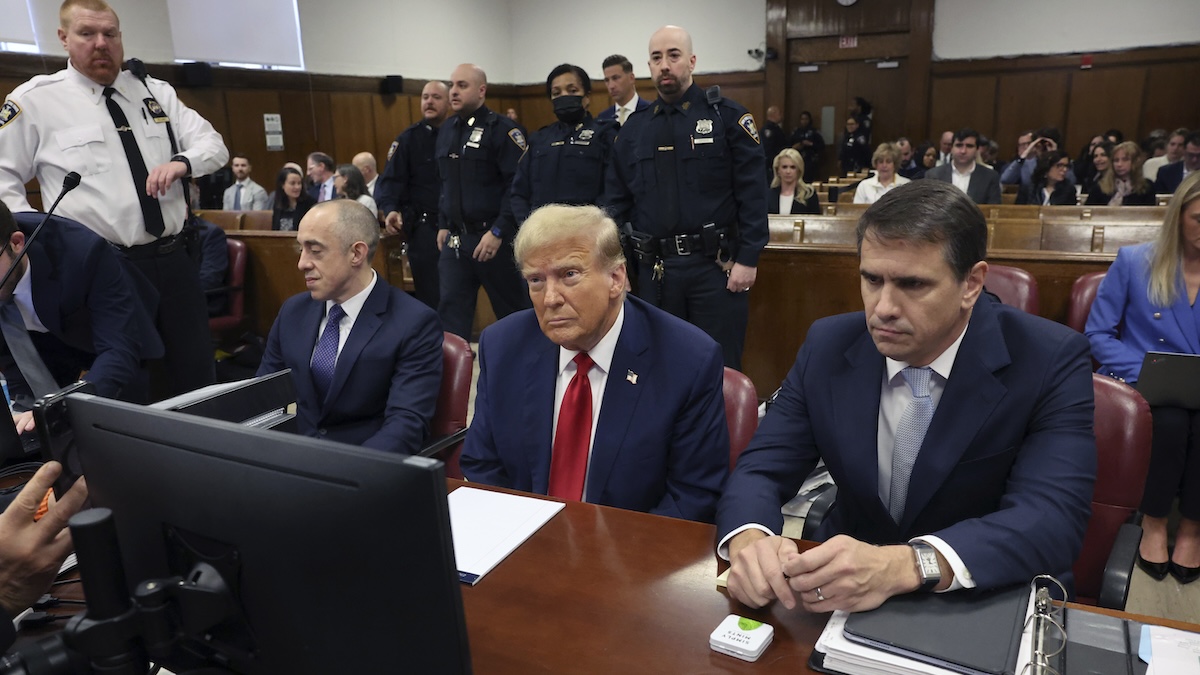Does Rahm Emanuel violate Illinois’s campaign finance laws just to prove he’s smarter than the legislators who wrote them? He’s a guy from D.C., playing against legislators who will never rise further than Springfield. So far, Emanuel has done an outstanding job of shredding their attempts to prevent him from raising the multi-millions he needs to crush his political opponents.
First, he beat the Dec. 31 deadline for contributions over $10,000 by holding a fundraiser at the home of his Hollywood agent brother, where he got five- and six-figure checks from Steven Speilberg and David Geffen. Then, his ex-campaign manager exploited a loophole in the law to open a political action committee funded by donors who didn’t have to disclose their names. Once Emanuel became mayor, he sold sponsorships to his inauguration for $50,000. Since it wasn’t technically a campaign contribution, it was legal to accept a contribution five times over the limit.
Now, those goo-goos at the Illinois Campaign for Political Reform have released a report on politicians who took advantage of another campaign finance loophole to avoid reporting big contributions until after the election. According a new law, any check over $1,000 must be reported within five days. But smaller checks don’t need to be reported until after the election. So what did Emanuel do? He had his contributors write a number of smaller checks, to avoid the disclosure law.
According to the report, titled Piece by Piece, Check by Check:
Chicago for Rahm, the campaign fund of Rahm Emanuel, shielded the most donations with the loophole. He avoided disclosure of $26,000 until after the February 22 election, including $15,375 received from eight donors each of whom gave multiple checks on the same day.
Emanuel wasn’t the only politician who pulled this trick. Gov. Pat Quinn and Lt. Gov. Sheila Simon did it, too. But Emanuel hid more money than anyone.
“Before the General Assembly weakened this portion of the disclosure law last year, candidates would have been required to tell the public about all of those contributors and many others before voters went to polling places,” said Cynthia Canary, Director of ICPR. “The General Assembly should close this loophole and stop candidates and contributors from making a mockery of the state’s campaign finance disclosure system.”
Politics
Writing a Rahm-proof campaign finance law. Now that would be an impressive piece of legislating.



